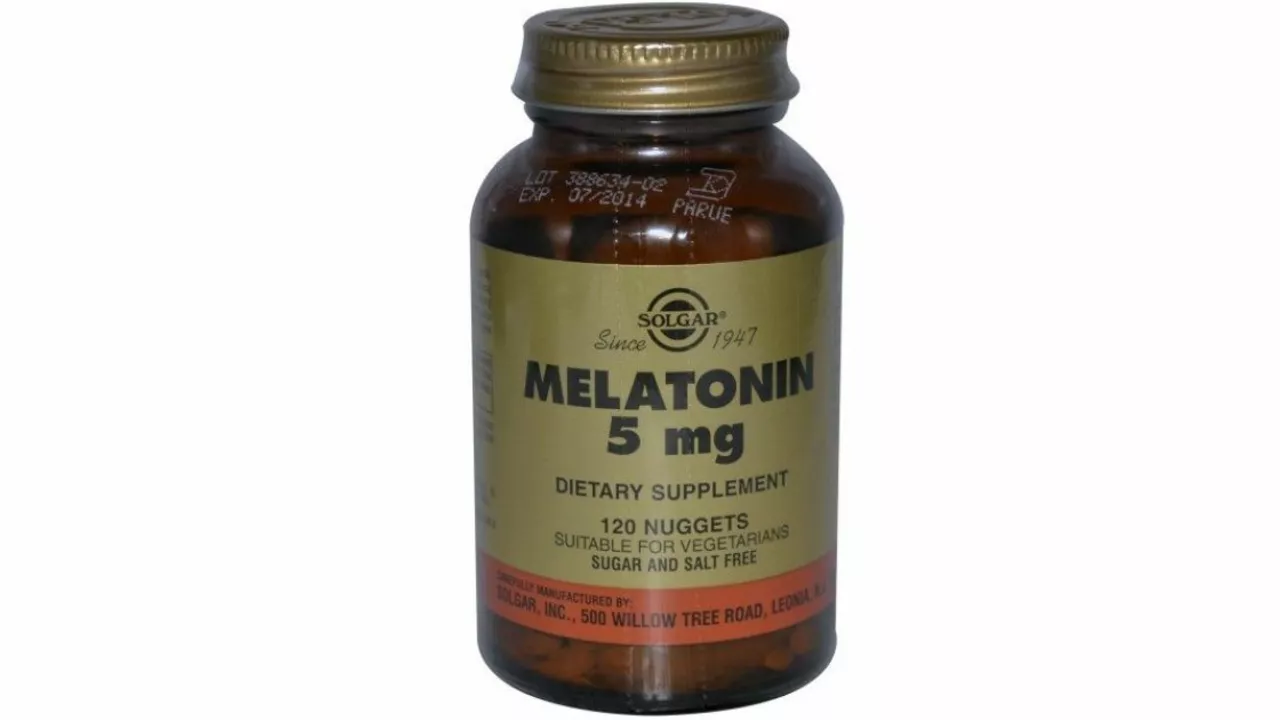Eyebright (Euphrasia officinalis) is a small herb people have used for centuries for eye and upper‑respiratory issues. You’ve probably seen it in herbal teas, tinctures, and capsules marketed for irritated eyes, allergies, and mild sinus problems. The idea that a plant named “eyebright” helps eyes sounds obvious, but what actually works and what’s just tradition? Let’s cut to the practical stuff.
Most common uses are simple: a warm tea to sip for congestion, a capsule or tincture as a daily supplement, and herbal washes applied externally. Typical ways to take it:
What can you expect? People report relief from itchy, watery eyes during allergies, less sinus congestion, and milder eye irritation after screen time. Scientific support is limited but some small studies and traditional use point toward mild anti‑inflammatory and astringent actions that could explain those effects.
Eyebright is usually well tolerated when taken short term. Possible side effects include stomach upset, allergic reactions (especially if you’re sensitive to plants in the Orobanchaceae or nearby families), and skin irritation from topical use. Avoid using homemade eye drops. If a product is labeled as an "eyewash," buy it from a reputable brand and follow the instructions precisely.
Don’t use eyebright if you’re pregnant or breastfeeding unless a healthcare provider says it’s okay. If you take blood thinners or have autoimmune disease, check with your clinician first — herbs can interact with meds or immune conditions. Stop use and seek medical help for worsening eye pain, vision changes, heavy discharge, or signs of infection.
When shopping, look for standardized extracts or third‑party tested supplements. Dried herb for tea is fine, but quality varies. Pick products with clear dosing info and avoid vague labels like “proprietary blend.” Store dried herb and capsules in a cool, dark place to keep potency.
Want quick relief now? For itchy, allergy‑related eyes, consider adding cold compresses, antihistamine drops, or an oral antihistamine alongside eyebright (after checking interactions). If your symptoms persist or vision is affected, see an eye doctor — don’t rely on herbs for serious eye problems.
Eyebright can help with mild, temporary eye and sinus irritation. Use reliable products, follow safe dosing, and get medical care for any serious or persistent eye symptoms.

In my recent exploration of dietary supplements, I stumbled upon Eyebright, a hidden gem for eye health. This amazing plant is packed with antioxidants and anti-inflammatory properties that can help protect our precious peepers. From aiding in soothing eye irritations to potentially slowing the progression of eye conditions like cataracts and macular degeneration, Eyebright is definitely a must-have in our health regimen. I was particularly impressed by its ability to support overall eye health and vision. So, if you're looking to give your eyes some extra care, Eyebright could be an excellent supplement to consider.